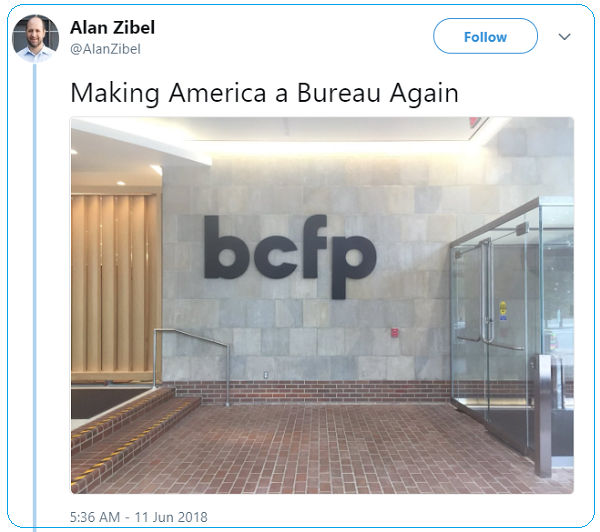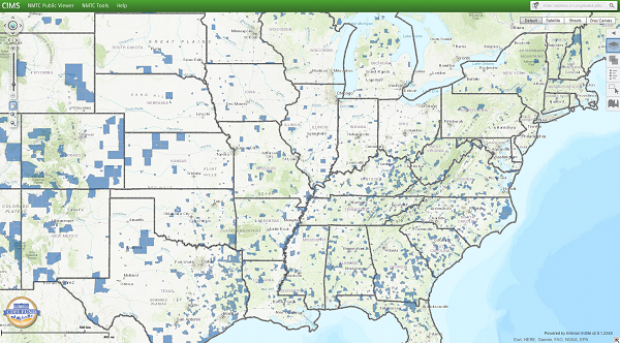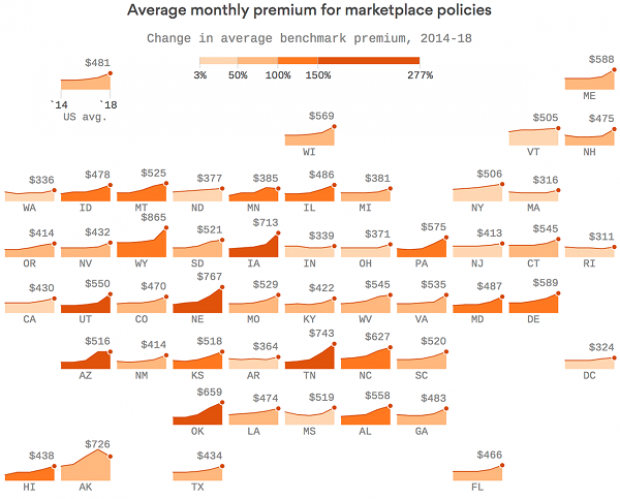Wrist Slap for CEO Who Defrauded USAID out of Hundreds of Millions
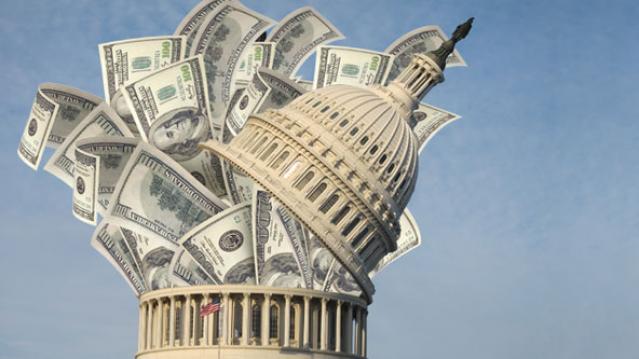
Former CEO Derish Wolff of Louis Berger Group, one of the country’s largest engineer contracting firms will be confined to his home for a year and have to pay a $4.5 million fine for helping to defraud the federal government out of hundreds of millions of dollars over 20 years. The fine represents a tiny fraction of the amount the company collected from the government.
Wolff, 70, was sentenced by U.S. District Court Judge Anne Thompson for leading a “conspiracy to defraud USAID by billing the agency on so-called ‘cost-reimbursable’ contracts—including hundreds of millions of dollars of contracts for reconstructive work in Iraq and Afghanistan” and for inflating overhead costs.
Related: U.S. Blew $500k on Melting Afghan Buildings
Federal prosecutors said the company, tasked with building roads and bridges in Afghanistan and Iraq, charged the government 140 percent of the actual cost for every project it did. That means that for every one dollar of work the contractor did, it received $1.40 extra. Louis Berger was paid more than $2 billon by the U.S. government for its infrastructure work in war zones.
Prosecutors said that between 1990 and 2009, Wolff and his colleagues inflated the costs of their work for USAID by telling accountants to “pad time sheets with hours ostensibly devoted to federal government projects when it had not actually worked on such projects.”
Related: Pentagon Won’t Verify $300 Million a Year in Afghanistan is Spent Properly
Beyond logging false work hours, the prosecutor said Wolff routinely instructed his subordinates to bill USAID for all of their overhead expenses—like rent at Louis Berger’s Washington office even though the D.C. office worked on other projects that had nothing to do with the federal government.
After two other company executives pleaded guilty to conspiring to defraud the federal government in 2010, Louis Berger Group agreed to make full restitution to USAID. It settled civil and criminal charges and had to pay $18.7 million in criminal fines and an additional $50.6 million to resolve allegations that it violated the False Claims Act by significantly overbilling USAID.
GOP Tax Cuts Getting Less Popular, Poll Finds

Friday marked the six-month anniversary of President Trump’s signing the Republican tax overhaul into law, and public opinion of the law is moving in the wrong direction for the GOP. A Monmouth University survey conducted earlier this month found that 34 percent of the public approves of the tax reform passed by Republicans late last year, while 41 percent disapprove. Approval has fallen by 6 points since late April and disapproval has slipped 3 points. The percentage of people who aren’t sure how they feel about the plan has risen from 16 percent in April to 24 percent this month.
Other findings from the poll of 806 U.S. adults:
- 19 percent approve of the job Congress is doing; 67 percent disapprove
- 40 percent say the country is heading in the right direction, up from 33 percent in April
- Democrats hold a 7-point edge in a generic House ballot
Special Tax Break Zones Defined for All 50 States

The U.S. Treasury has approved the final group of opportunity zones, which offer tax incentives for investments made in low-income areas. The zones were created by the tax law signed in December.
Bill Lucia of Route Fifty has some details: “Treasury says that nearly 35 million people live in the designated zones and that census tracts in the zones have an average poverty rate of about 32 percent based on figures from 2011 to 2015, compared to a rate of 17 percent for the average U.S. census tract.”
Click here to explore the dynamic map of the zones on the U.S. Treasury website.
Map of the Day: Affordable Care Act Premiums Since 2014

Axios breaks down how monthly premiums on benchmark Affordable Care Act policies have risen state by state since 2014. The average increase: $481.
Obamacare Repeal Would Lead to 17.1 Million More Uninsured in 2019: Study
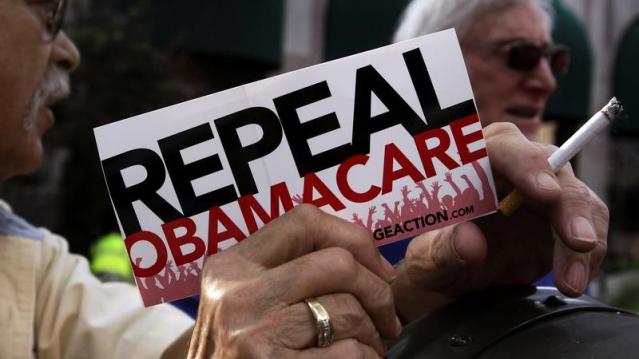
A new analysis by the Urban Institute finds that if the Affordable Care Act were eliminated entirely, the number of uninsured would rise by 17.1 million — or 50 percent — in 2019. The study also found that federal spending would be reduced by almost $147 billion next year if the ACA were fully repealed.
Your Tax Dollars at Work

Mick Mulvaney has been running the Consumer Financial Protection Bureau since last November, and by all accounts the South Carolina conservative is none too happy with the agency charged with protecting citizens from fraud in the financial industry. The Hill recently wrote up “five ways Mulvaney is cracking down on his own agency,” and they include dropping cases against payday lenders, dismissing three advisory boards and an effort to rebrand the operation as the Bureau of Consumer Financial Protection — a move critics say is intended to deemphasize the consumer part of the agency’s mission.
Mulvaney recently scored a small victory on the last point, changing the sign in the agency’s building to the new initials. “The Consumer Financial Protection Bureau does not exist,” Mulvaney told Congress in April, and now he’s proven the point, at least when it comes to the sign in his lobby (h/t to Vox and thanks to Alan Zibel of Public Citizen for the photo, via Twitter).
